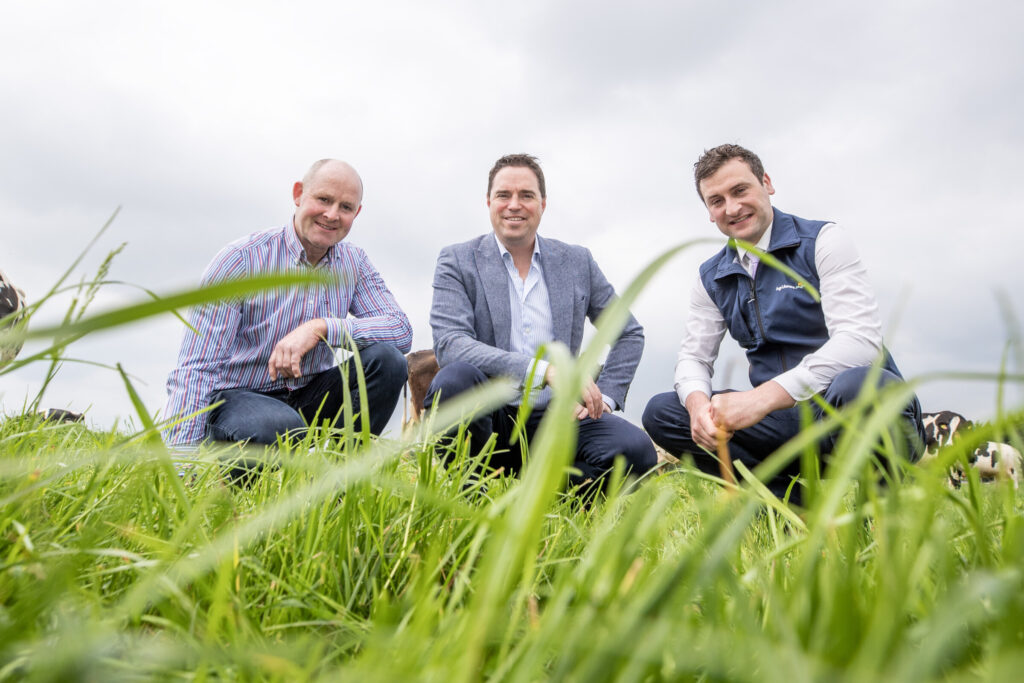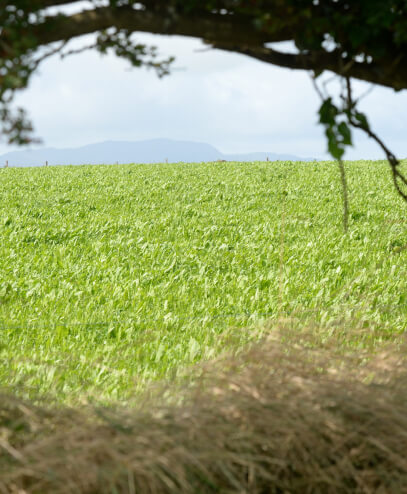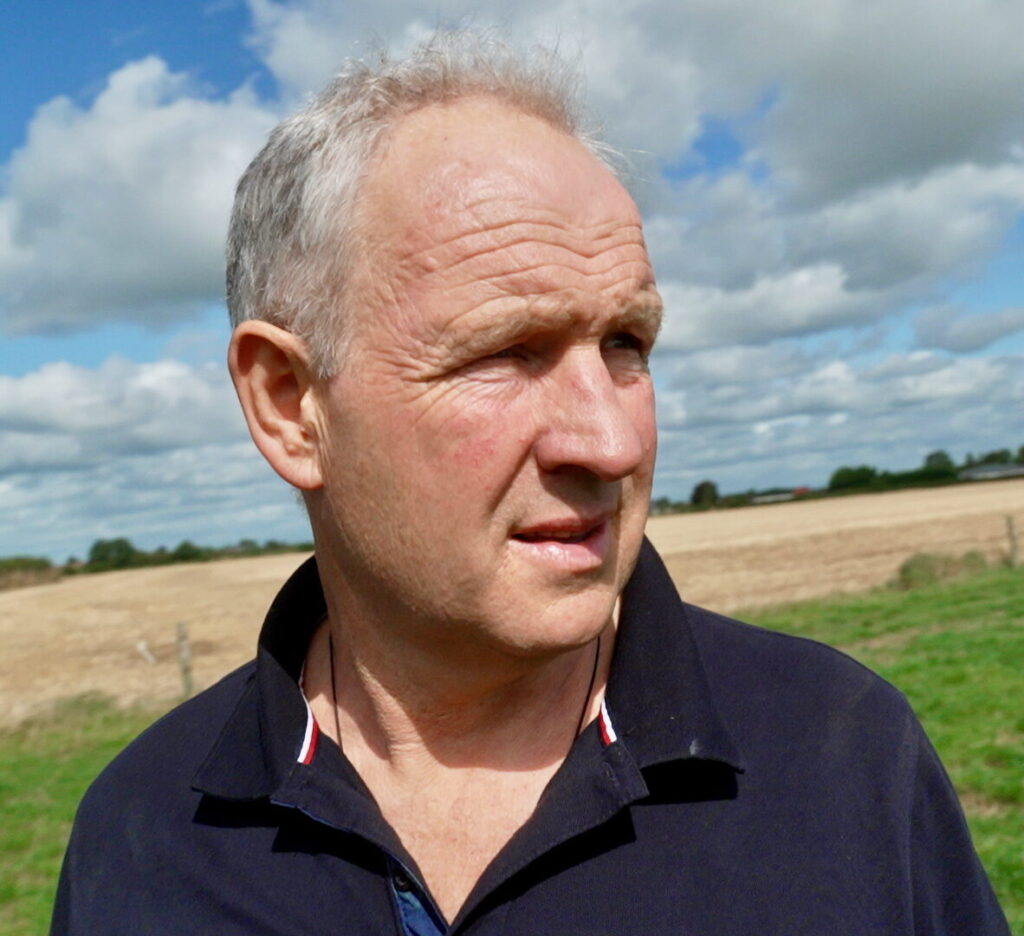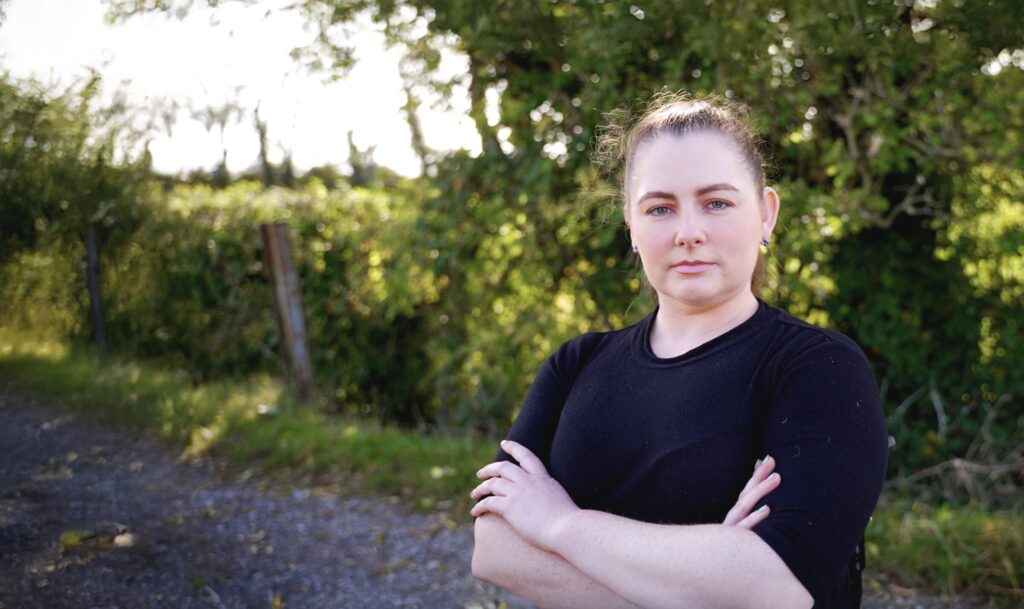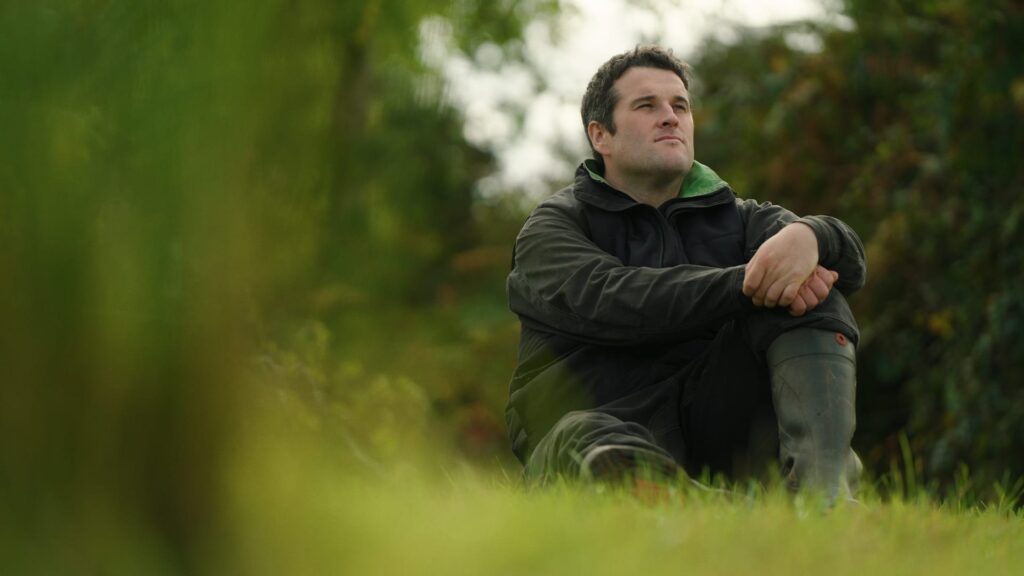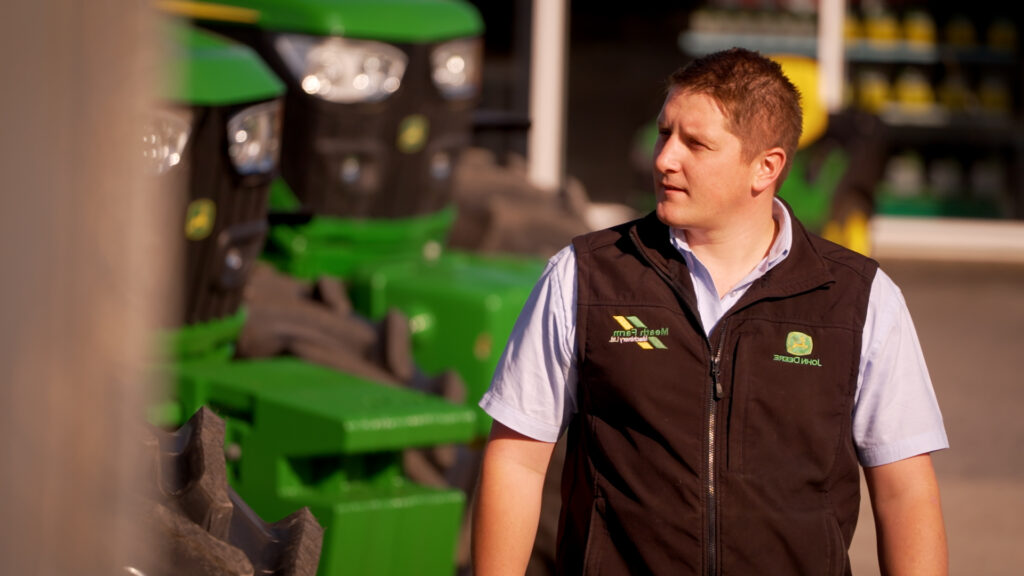My Quad Accident Story
Padraic Joyce
Dairy farmer from Co. Meath
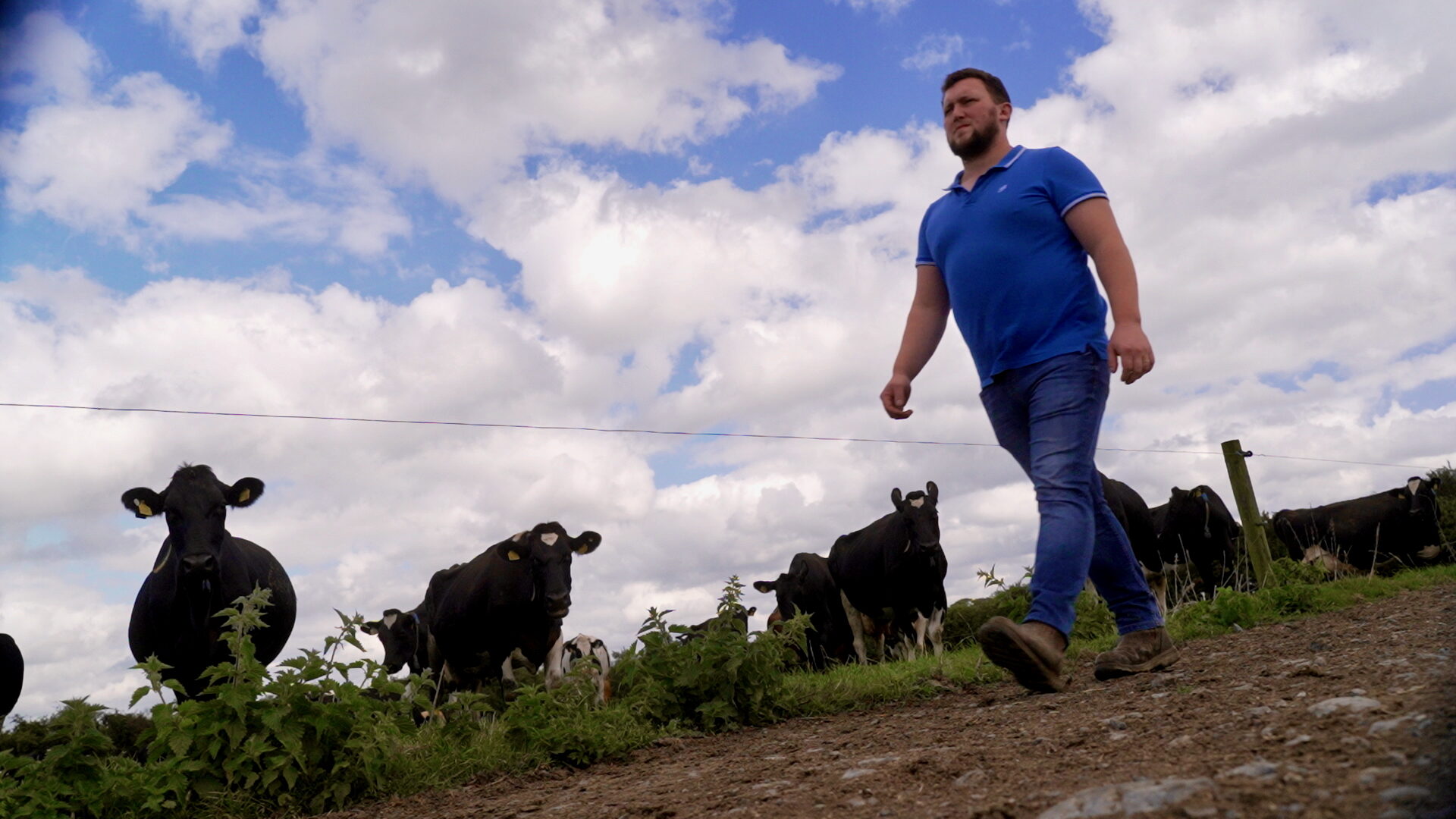
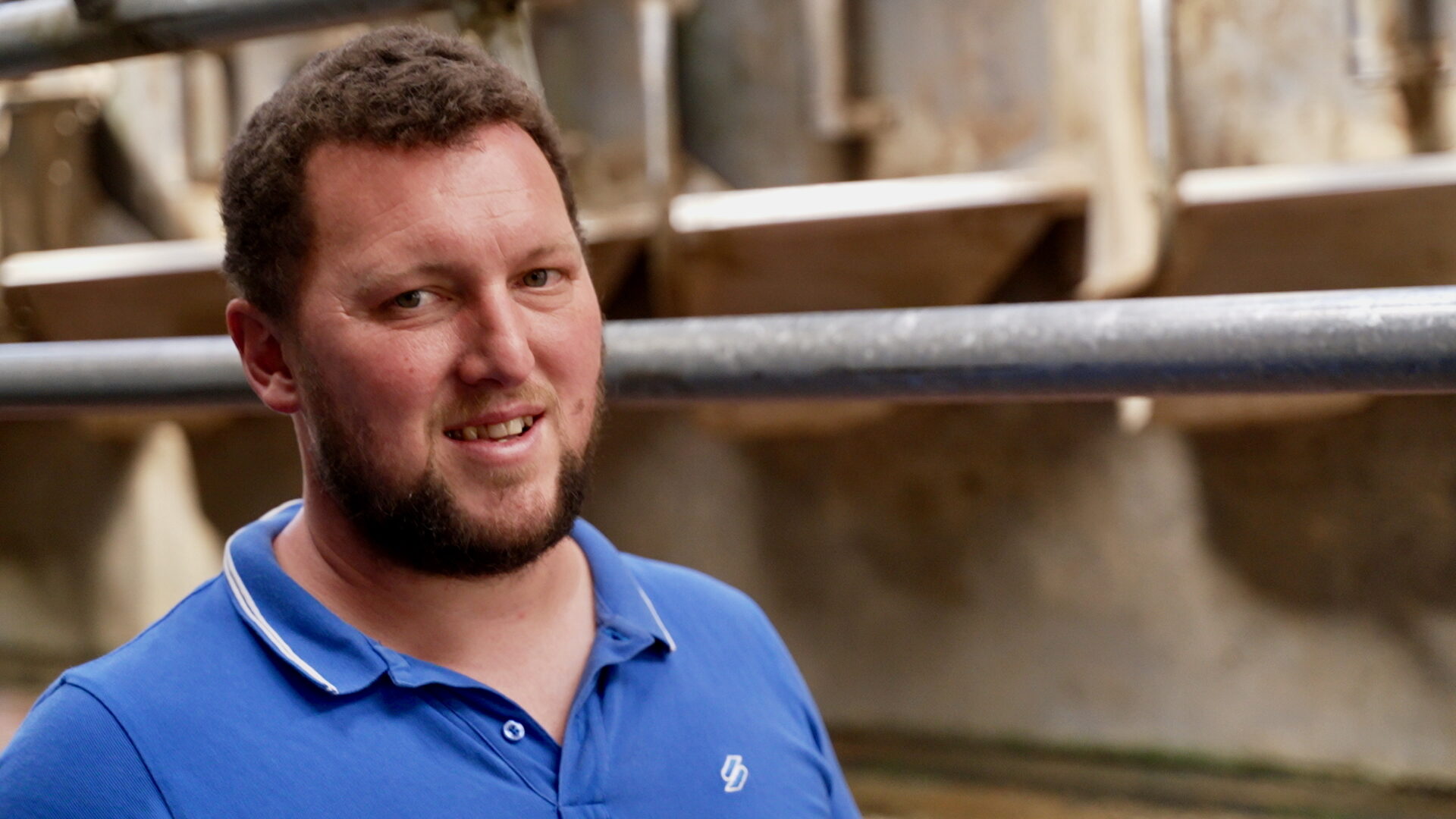
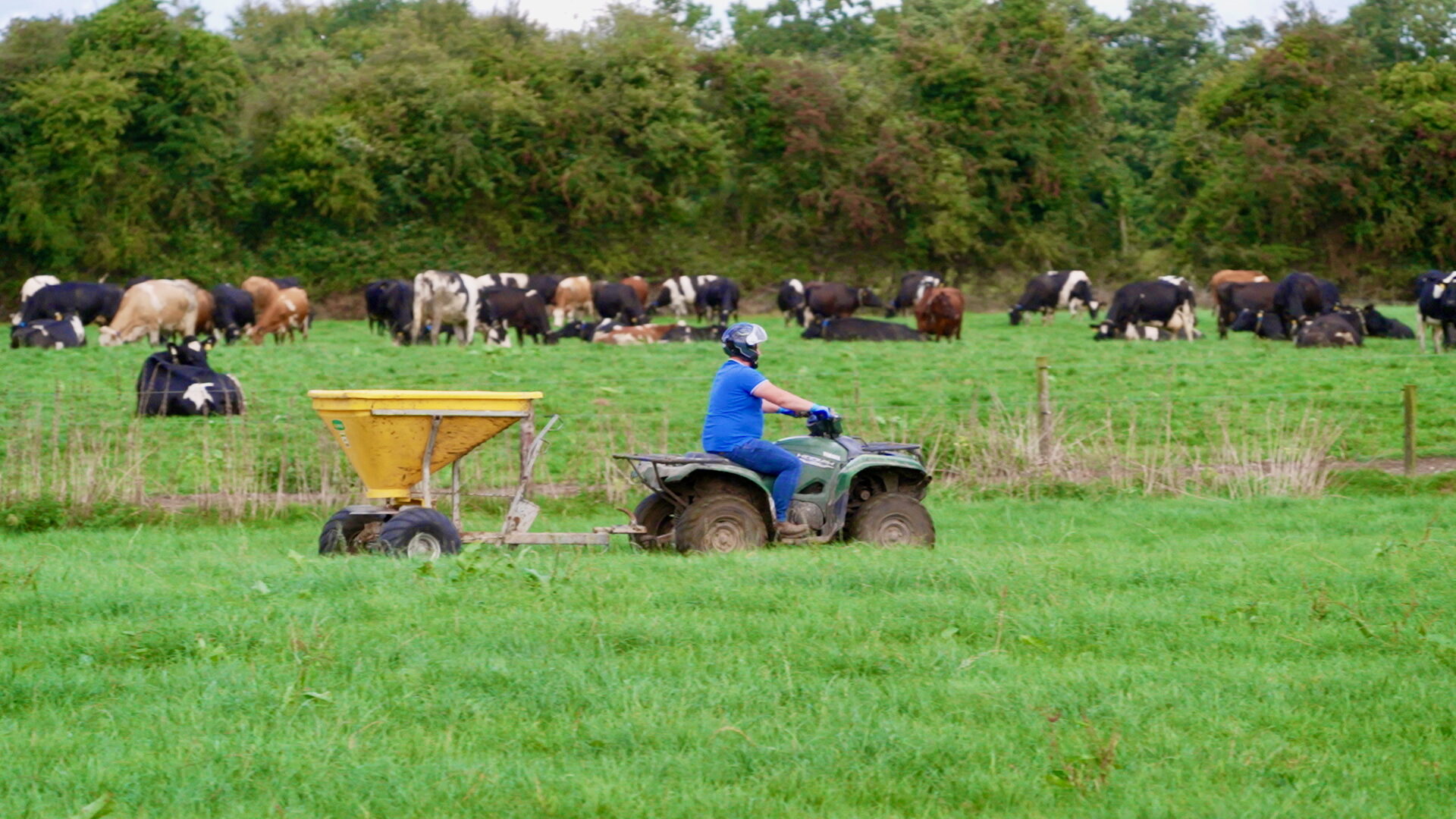
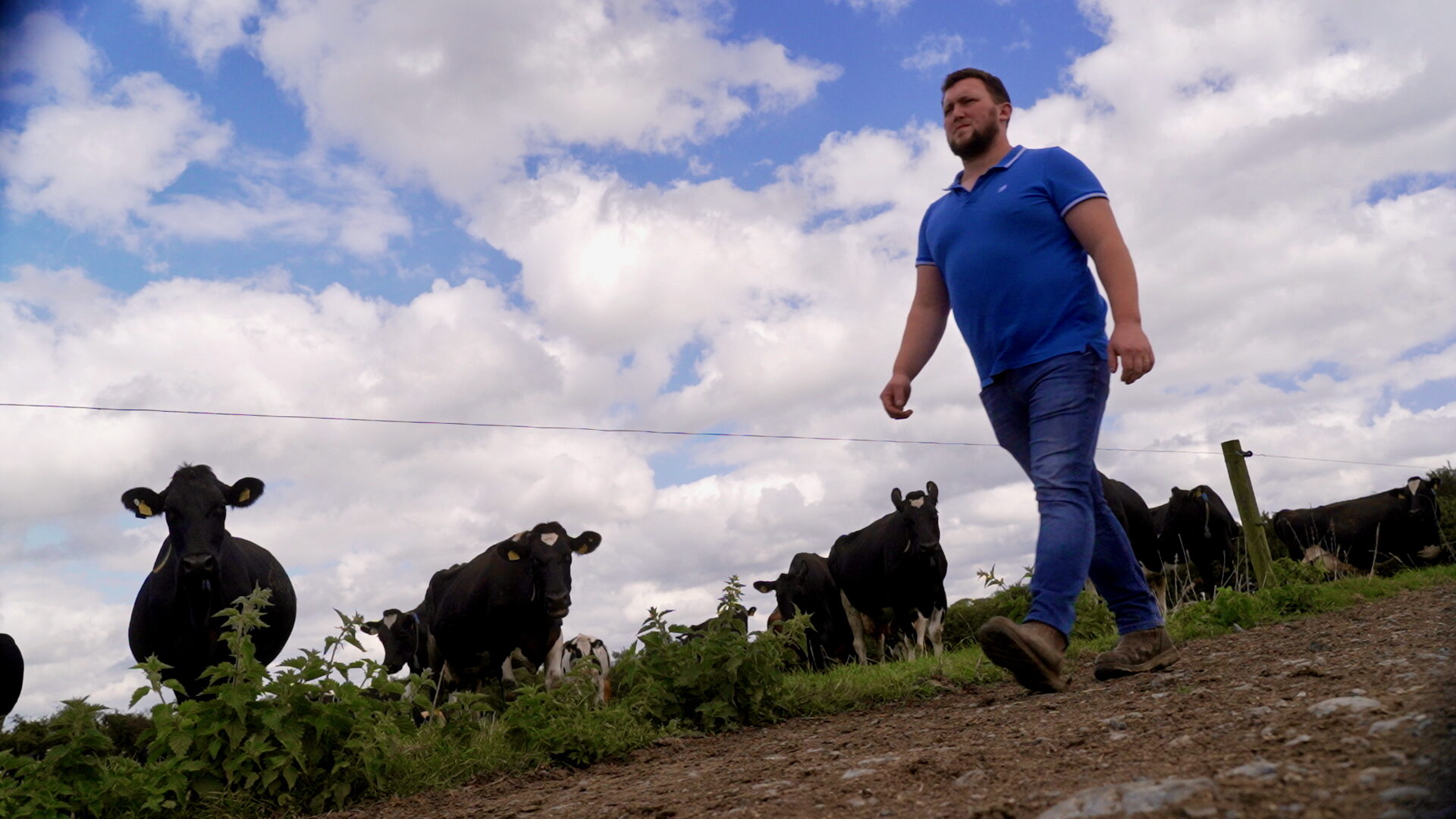
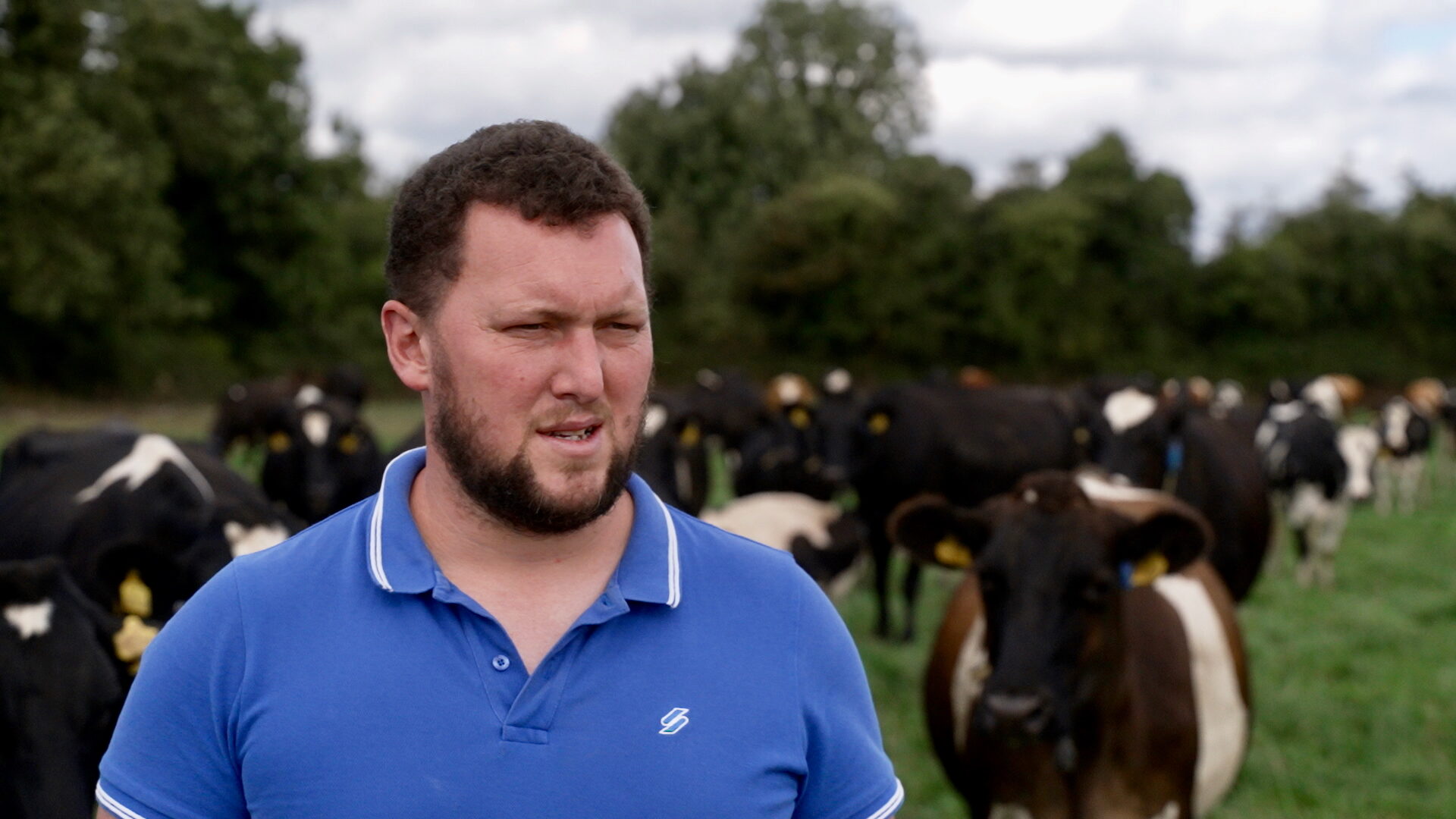


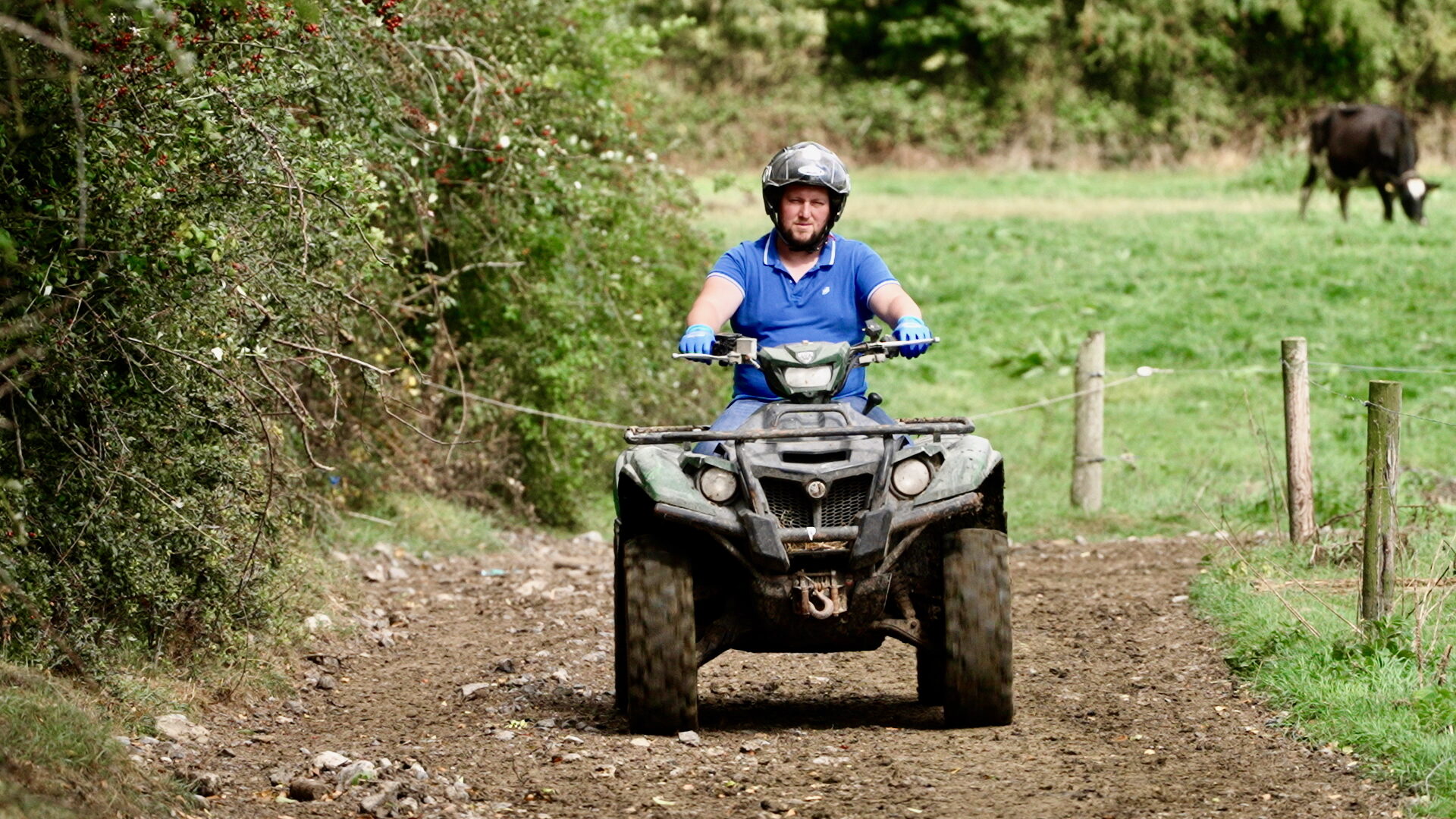
Hi, my name is Padraic Joyce, and I’m a dairy farmer and hoofcare specialist in Co. Meath. I’m sharing my farm safety story, looking back on a quad accident that I was involved in five years ago. I’m here to share my story and where I am today.
Your safety matters to us, and we want to hear from you!
Please take a few minutes to complete our Survey.
From the Experts
Quad Safety Advice
By Ciaran Roche, FBD Risk Manager
Understanding Quad Bike Safety
Quad Bikes are an extremely useful piece of equipment for farm work, designed to handle diverse terrain types. However, improper operation can pose significant risks of death or severe injury to operators. Key safety concerns include training, experience, personal protective equipment (PPE), maintenance, and terrain knowledge. Operators must be at least 16 years old to operate ‘farm type’ Quad Bikes, which is usually stated clearly on the vehicle.
Additional Safety Tips
- Familiarise yourself with the terrain to mitigate risks associated with slopes, obstacles, and unfamiliar terrain.
- Adhere to road-use regulations if operating Quad Bikes on public roads.
- Remember the minimum age for operating farm type working Quad Bikes is at least 16 years of age, it is usually clearly stated on the quad.
Quad Bike safety is paramount in preventing accidents and protecting lives. By adhering to regulations, undergoing training, and implementing practical safety measures, operators can ensure a safer working environment. Remember, safety should always be the top priority when operating Quad Bikes.
For more information: Quad Bike Safety Video – Farm Insurance | FBD Insurance
What Farmers and Contractors Should Know
In November 2023, significant changes in regulations regarding Quad Bike operation under the “Safety, Health and Welfare at Work (General Application) Regulations” came into effect. These new regulations were in response to concerns over the number of fatal and serious work-related accidents involving Quad Bikes or All Terrain Vehicles (ATVs), particularly in the agriculture and forestry sectors.
The new regulations mandate that all Quad Bike operators in the workplace must complete a Quad Bike Training Course provided by a registered training provider to a QQI Standard or equivalent. Additionally, operators are required to wear appropriate head protection while operating a Quad.
Safety Measures - Back to Basics
- Get Training: All Quad Bike operators must undergo training to acquire the necessary skills and knowledge for safe operation. Training should cover the use of any towed equipment or attachments.
- Wear Appropriate PPE: Head protection, in the form of an approved helmet, is essential to reduce the severity of head injuries. Operators should also consider additional PPE such as gloves and safety footwear.
- No Passengers: Quad Bikes are designed for single riders. Carrying passengers increases the risk of accidents and should be avoided.
- Avoid Overloading: Overloading can disrupt weight distribution and impair braking. Operators should adhere to manufacturers’ towing capacity and loading limits.
- Maintain Your Quad: Regular maintenance checks ensure that the Quad Bike is in good working order, minimizing the risk of accidents due to mechanical failures.
Training is Necessary
The main causes of deaths or serious injuries involving Quad Bikes include vehicle overturns, collisions with structures or objects, being trapped under an overturned machine, and accidents involving pedestrians. These incidents often stem from factors such as lack of formal training or experience, excessive speed, carrying passengers or unbalanced loads, and poor maintenance.
Helpful Information
Resources
Teagasc Services
- Offers expert farm safety advice and regular updates on best practice.
- Publishes research and safety articles tailored for Irish farms.
Farm Safety Hub
- Provides safety checklists, videos, and grant information.
- Runs awareness campaigns and supports safety training initiatives.
More from this campaign
Check out our other campaign stories
